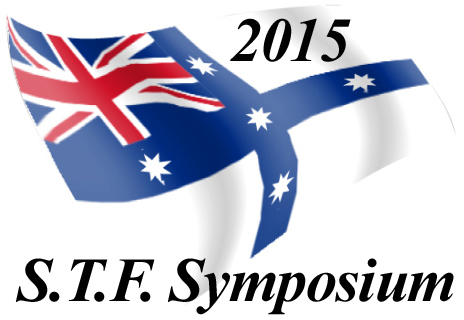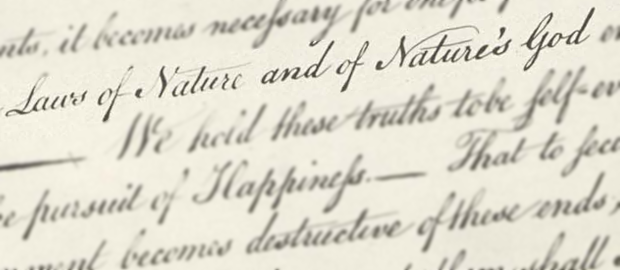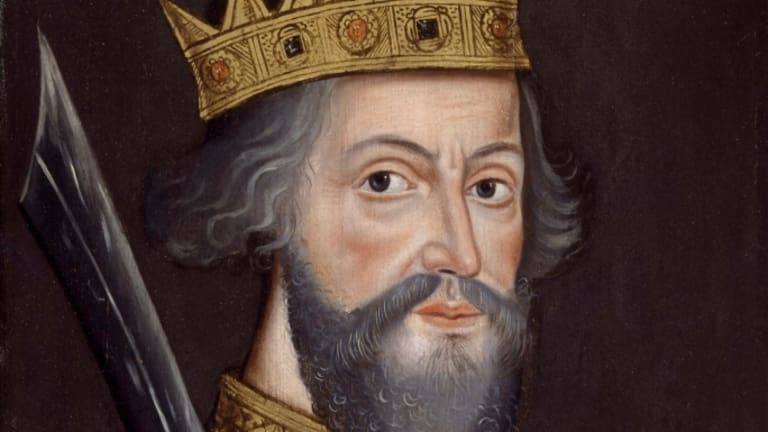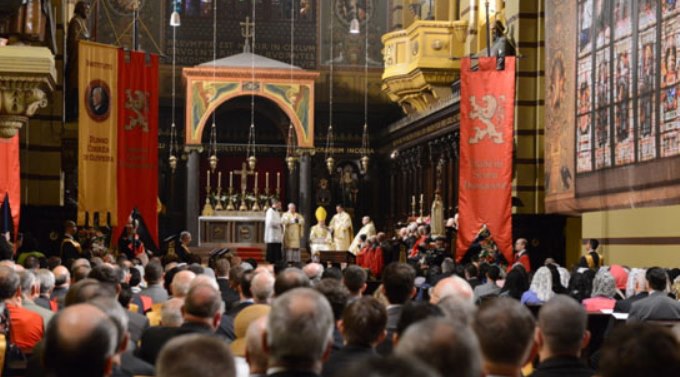If indeed the major consequence of a near-universal liberal hegemony in the cultural sphere has seen politics displaced by economics, perhaps noone ought to be surprised at the endemic mediocrity of the Western political class, its lack of vision and failure to represent the particular or champion anything concrete. To put it simply, modern politics has lost its soul. Of course, this is painfully obvious to the traditionalist, whether of the reactionary, paleoconservative or perennialist inclination, as he looks over the wasteland of the past century and catalogues the squandered wealth and achievements of his forefathers, all in the name of “progress”; or as he gazes with revulsion at the circus of modern political life, with its idiocrat pseudo elite, living as it were “in the moment” with not one thought for posterity outside the fast-buck artistry of homo economicus and driven by a will-to-power limited, if at all, to the arbitrariness of electoral cycles alone. In the so-called “mainstream” only the immediately tangible officially exists – at the expense of the permanent things – because only the immediately tangible can be measure and therefore understood by the technocrat.
Western liberals often conceitedly think of themselves as inheriting a civilisation that has vanquished the dehumanising authoritarian ideologies of last century. But the continued dominance of pure materialist concerns – along with rationality and reason for its own sake – may well suggest that man remains, just as he was under the totalitarian regimes of yesteryear, stripped of what makes him truly human, as an intrinsic and not fungible entity, who exists in relation to his people and their history, and not – as is all too often insisted upon – in a vacuum of self-interested consumerist hyper individualism. We may have indeed won the Cold War, yet the supposedly vanquished ideology has now metastasised into a variety of deformed offshoots that saturate the institutions of cultural transmission throughout the nations of the West and inform the political platforms of all “responsible” factions of the official left and right. Tragically, any creative dynamism remains ensconced in the revolutionary impulse alone. Our cultural and aesthetic life is subordinated to the mechanised spirit of the times; essential aspects of identity (individual and corporate) are therefore denied, written off by the universalist utopian as “anachronistic”, “irrelevant” or worse. This displacement of politics with economics is naturally paralleled by the triumph of abstract thought: appeals to “values”, “freedom” and the like have pushed the lessons of history and the wisdom of tradition into the margins of all political and civic debate.
Thus the political degenerative cycle can be illustrated by a simple model: let us start with our ostensible hero, the conservative party, which pursues a policy of competent fiscal management and economic rationalism, dutifully and responsibly filling the coffers of the treasury. All good and well, but this is where the problem starts because it is at this point in the cycle that the modern post-political conservative has little to offer after the balance sheets are settled. Electoral ennui naturally set in, the radical is voted into power and the progressive programme is duly implemented. But because this programme is founded on premises that are in open and violent rebellion against the laws of nature and reject the essential characteristics of the human condition, bankruptcy ensues. The electorate is rightly enraged, and returns the conservative back into the halls of government whereupon he turns his attention to balancing the books once again. Thus the cycle is complete, and the progressive advances in the cultural sphere are never repealed, only streamlined to meet the periodically reasserted high standards of economic efficiency.
For all practical intents and purposes, mainstream post-political conservatism – deracinated and therefore deadened – becomes the major enabler for the success of Cultural Marxism.
The idea for the Symposium occurred to us the day following the political decapitation of the former Prime Minister on 14 September this year. To be clear, we have been consistently critical of the faux-conservatism of the ruling Coalition government since it came to power on 7 September 2013, as is evident from the various editorials published at SydneyTrads. The Coalition government here in Australia has followed a path similar to that of its cousin “centre-right” parties throughout the Anglosphere. In their eyes, responsible government apparently requires compromise with or partial accommodation to the demands of a far more ideologically confident and energised opponent on the left, and that of course necessitates a concession to the opponent’s ultimate moral authority in the ideological realm. This naturally renders the Coalition fundamentally incompetent in the battle of ideas and policy outside the economic arena (sometimes capitulating even here too).
We witness the impending social disaster in Europe and the seeming political chaos in the United States as a function of the failure of mainstream right-of-centre politics. Although Australia is in a significantly better position than some of our cousin nations in the Anglosphere, we nevertheless see the same political trends among our elite. The displacement of Tony Abbott with Malcolm Turnbull may therefore be but a mutiny on a leaking ship. Those who today notice the absurdity of crises that could have easily been avoided had our warnings been heeded decades ago are denied a voice in polite society. We ask ourselves, quo vadis conservatism, and do traditionalists have a place in the current party political system? What follows are a collection of essays, dissertations, reflections and opinion pieces from various authorities in the world of the “non-aligned right”, who attempt to answer these questions and offer different perspective on where we find ourselves, how we got here, and how we can move forward towards a Western cultural revival. The Sydney Traditionalist Forum is fortunate to present the following authors and recommends them to our readers. We hope that they may inspire kindred spirits who wish to mobilise for the sake of our future.
Contributors to the
2015 Symposium of the
Sydney Traditionalist Forum
♣
Prof. Paul Edward Gottfried
Paleoconservatism: A Vanishing Traditional Right
Prof Gottfried is Raffensperger Professor of Humanities Emeritus at Elizabethtown College (Elizabethtown, Pennsylvania, USA), the author of eleven books, plus numerous essays and book reviews, mostly dealing with political theory, modern European history and American political movements. His works are widely read and discussed in translation in Eastern Europe but receive far less notice in the US, where Professor Gottfried happens to reside.
♣
Prof. Thomas F. Bertonneau
Prelude, Fugue and Riffs on Baudelairean Traditionalism
Prof. Bertonneau is an American intellectual and professor. He has taught at a variety of institutions, and has been a member of the English Faculty at State University of New York, Oswego, since 2001. His articles and essays have appeared in a diverse array of scholarly journals including William Carlos Williams Review, Wallace Stevens Journal, Studies in American Jewish Literature, North Dakota Quarterly, Michigan Academician, Paroles Gelées: UCLA French Studies, and Profils Americains. He was a major contributor to the English section of The Brussels Journal. More recently, his work has appeared in The University Bookman, the John William Pope Center for Higher Education Policy as well as the websites The People of Shambhala and The Orthosphere.
♣
Dr. Frank Salter
Australian Conservatism After Abbott: The Need for Social Movements
Dr. Salter received his PhD in Australia (Griffith University) but spent most of his career at the Max Planck Institute for Behavioural Physiology in Germany. Frank has taught in Britain, the US, Central and Eastern Europe. His books include Emotions in Command: Biology, Bureaucracy, and Cultural Evolution dealing with organisational behaviour and On Genetic Interests: Family, Ethnicity and Humanity in an Age of Mass Migration, an evolutionary theory of ethnic solidarity and conflict. Now returned to his native Australia, Frank consults on policy and management issues.
♣
Luke Torrisi
Don’t Mention the War! Conservatives’ Forgotten Role
Mr. Torrisi is a retired legal practitioner and now an academic researcher and host of Carpe Diem, Sydney’s only explicitly Traditionalist and Paleoconservative radio programme broadcasting on 88.9FM, between 8:00 to 10:00pm, Mondays.
♣
Morgan Qasabian
Conservative Prospects in the Second Age of Malcolm
[in three parts]
Mr. Qasabian is a student of history and philosophy and a long time conservative activist in New South Wales.
♣
Michael Warren Davis
Voting Traditionalists are Here to Stay, and so is Party Politics
Mr. Davis is a native Bostonian currently studying at the University of Sydney. He is an officer of the Australian Monarchist League.
♣
Michael Tung
Ride That Tiger, or The Party’s an Ass
Mr. Tung is a graduate in Ancient History and Political Studies at the University of Auckland and is currently training for registration as a high school teacher.
♣
Alastair Hermann
The Abbott Aberration
Mr. Hermann is the son of Christian Missionaries who grew up in Papua New Guinea, observing firsthand the deleterious effects of modernity and democracy upon a nation little older than he was. Observing the same insidious effects at play in Australia, he now researches and occasionally writes internally for the Neoreationary community.
♣
Johannes Ekjord
The Rise of the Right in Europe: The Need for Traditionalism
Mr. Ekjord is a student at the University of Oslo, Norway, where he is doing a Master Degree in history.
♣
Urho Lintinen
Impressions from the Old Continent
Mr. Lintinen holds a Master of Social Sciences from the University of Jyväskylä, Finland.
♣
Valdis Grinsteins
When a Conservative Feels that he is a Foreigner in his own Home
Mr. Grinsteins is an international activist working with the Tradition Family Property organisation founded by Plinio Corrêa de Oliveira. While Valdis is predominantly based in Eastern Europe and South America, on those occasions he has visited Australia he has had a close working relationship with the Sydney Traditionalist Forum and local reactionaries in the Sydney region. We are particularly honoured for Valdis’ contribution to the Symposium as he drafted while he was in transit between Poland, Brazil and Latvia.
Citation Style:
This article is to be cited according to the following convention:
The Editors, “Introduction and Welcome to the 2015 Symposium of the Sydney Traditionalist Forum” SydneyTrads – Weblog of the Sydney Traditionalist Forum (17 October 2015) <sydneytrads.com/2015/10/17/ 2015-symposium-introduction-and-welcome> (accessed [date]).





Leave a comment